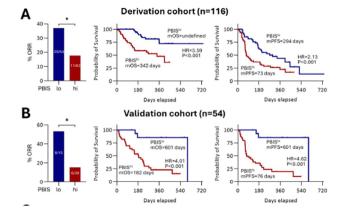Alcoholic dementia without exception even in their 30s and 40s...Foreshadowing symptoms when film breaks off frequently
Sep 23, 2025
|
Experts warned that if the so-called blackout, a film break caused by heavy drinking, is repeated frequently, it could be a precursor to alcoholic dementia.
Ha Un-sik, director of the Department of Psychiatry at Dasarang Central Hospital, designated by the Ministry of Health and Welfare, said "The main symptoms of alcoholic dementia are blackouts and short-term memory disorders. If you have experienced blackouts more than twice every six months, it can be seen that brain damage is already progressing."
Alcohol destroys brain cells, especially the hippocampus, which is responsible for memory. Initially, it may seem light, such as simple forgetfulness or mild memory loss, 'Grayout', but if these symptoms are repeated, they can be exacerbated by alcoholic dementia regardless of age.
Alcohol also obscures memory and judgment in the short term, causes neuroinflammation, and in the long term, causes nerve cell death and brain atrophy, causing neurological symptoms such as cognitive decline, tremors, walking disorders, and eye movement disorders.
It is easy to think that alcoholic dementia occurs only in the elderly, but in reality, cases of the disease are steadily reported even in relatively young age groups.
According to the Dasarang Central Hospital tally, a total of 115 patients were diagnosed with alcoholic dementia from June 1 to December 31, 2024. Among them, 13 patients in their 30s and 40s were confirmed, indicating that alcoholic dementia is no longer a disease only for the elderly. In other words, alcoholic dementia is not limited to senile diseases and can occur in anyone of any generation.
In addition, according to data from the Korea Centers for Disease Control and Prevention, as of 2021, about 8% of all dementia patients were developing before the age of 65. The number of patients increased 3.6 times over 10 years from 17,772 in 2009 to 63,231 in 2019.
Another characteristic of alcoholic dementia is its violence. If drinking problems continue, the frontal lobe, the organ that controls emotions and impulses in the brain, is damaged, making it difficult to control impulses, and it can lead to violence. Alcoholic dementia is more violent than senile dementia because it causes more damage to the frontal lobe.
Director Ha Woon-sik said, "Alcoholic dementia can lead to emotional changes such as lethargy, depression, and irritability, not just memory loss."Unlike senile Alzheimer's disease and vascular dementia, alcoholic dementia has room for recovery only with early treatment and abstaining from alcohol, so it is the way to protect brain health to start treatment quickly without delaying time. "
|
This article was translated by Naver AI translator.















